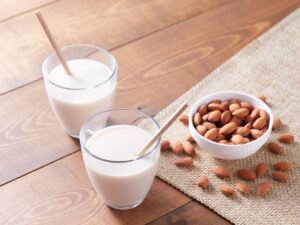No Sun? No Worries! These 5 Seeds Can Help Boost Vitamin D
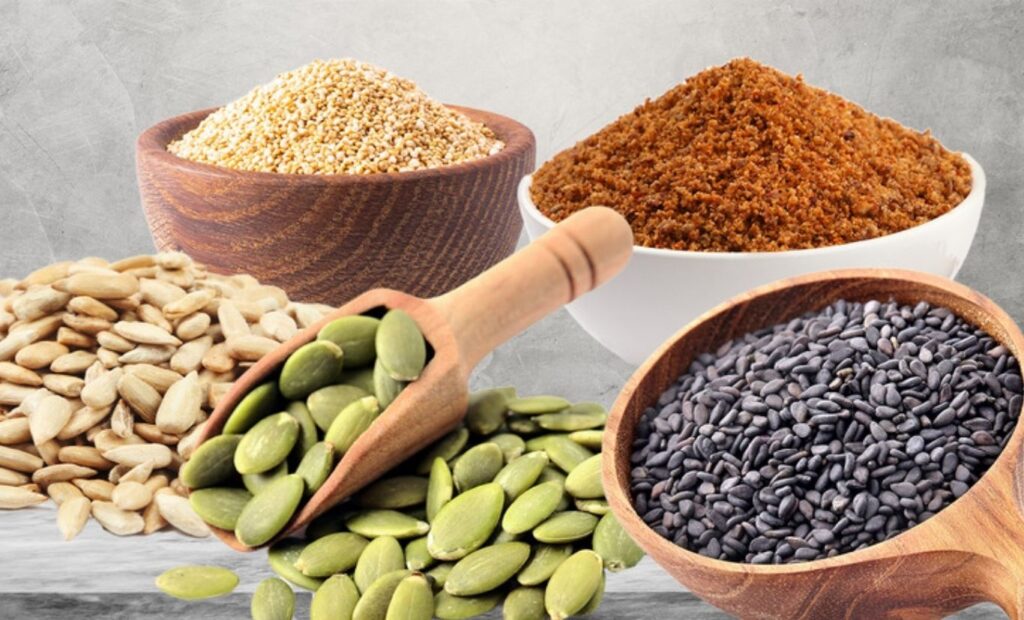
No Sun? No Worries! These 5 Seeds Can Help Boost Vitamin D
Vitamin D plays a vital role in maintaining bone health, strengthening the immune system, and improving overall well-being. A deficiency of this essential nutrient can lead to weak bones, muscle pain, fatigue, and an increased risk of fractures. While sunlight remains the primary source of Vitamin D, dietary sources can also help fulfill daily requirements. Incorporating Vitamin D-rich seeds into your diet is a simple and natural way to boost your intake without relying on supplements. These nutrient-packed seeds are not only great for Vitamin D but also provide additional health benefits.
Why is Vitamin D Important?
Vitamin D is essential for calcium absorption, which is crucial for strong bones and teeth. It also plays a key role in maintaining muscle function, supporting immune health, and reducing the risk of chronic diseases. Inadequate Vitamin D levels can lead to conditions like osteoporosis, frequent infections, and mood disorders such as depression.
Many factors contribute to Vitamin D deficiency, including limited sun exposure, poor diet, skin type, and age. While sunlight is the best natural source, adding Vitamin D-rich foods like seeds can significantly help maintain optimal levels.
5 Best Seeds for Vitamin D and Overall Health
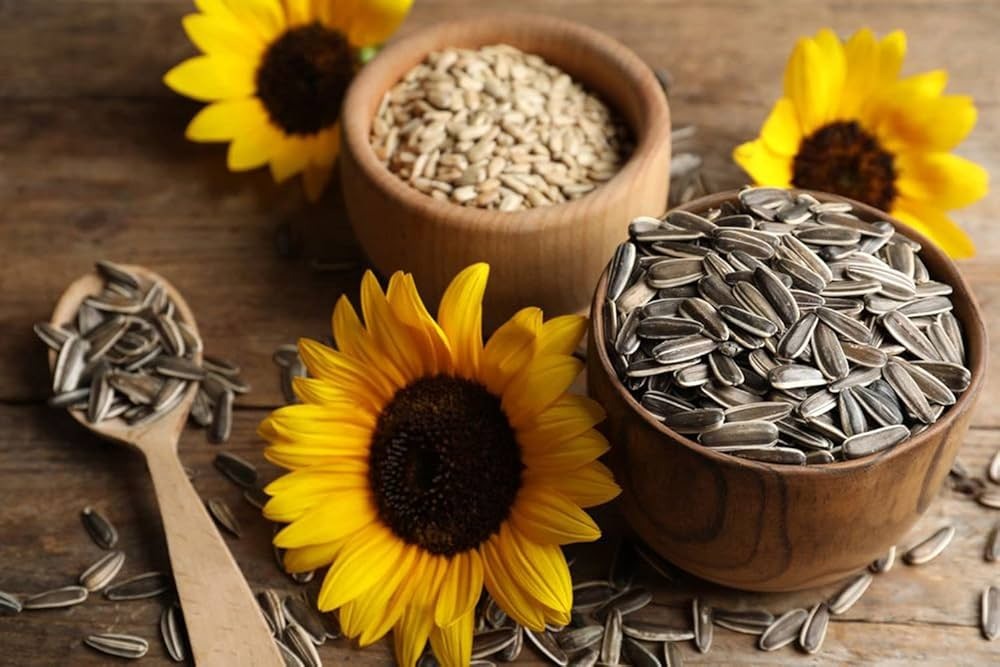
1. Sunflower Seeds
Sunflower seeds are an excellent source of Vitamin D and also contain high levels of magnesium, Vitamin E, and healthy fats. These nutrients work together to support bone density, improve heart health, and reduce inflammation.
How to Consume:
- Sprinkle on salads and smoothies.
- Add to oatmeal or yogurt.
- Eat as a snack, either raw or roasted.
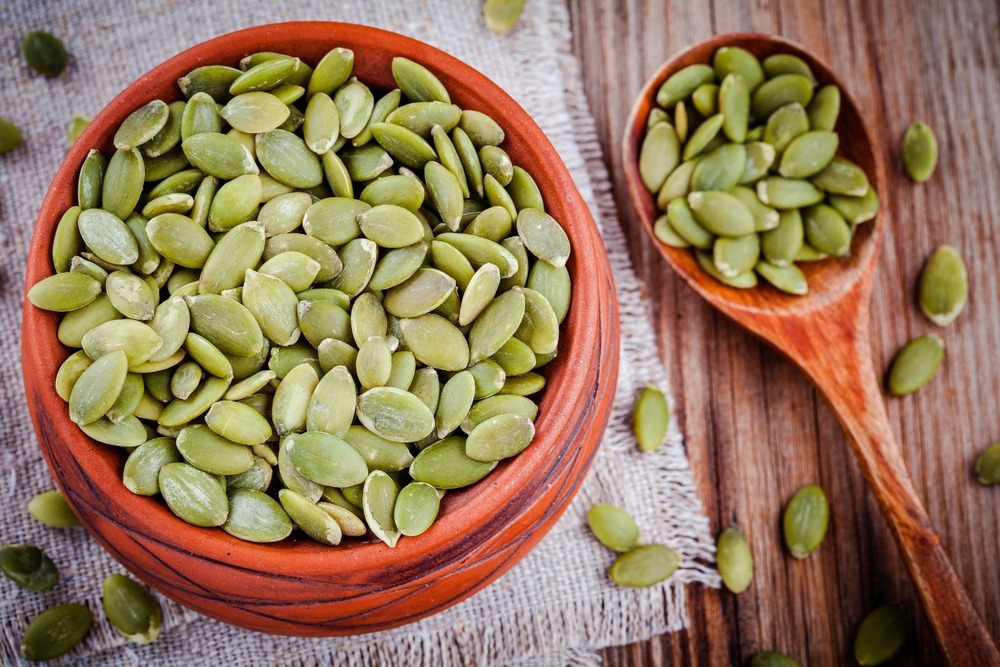
2. Pumpkin Seeds
Pumpkin seeds, also known as pepitas, are rich in Vitamin D, zinc, magnesium, and omega-3 fatty acids. These essential nutrients help strengthen bones, support immune function, and promote heart health.
How to Consume:
- Eat raw or roasted as a snack.
- Blend into smoothies or protein shakes.
- Use as a topping for soups and salads.
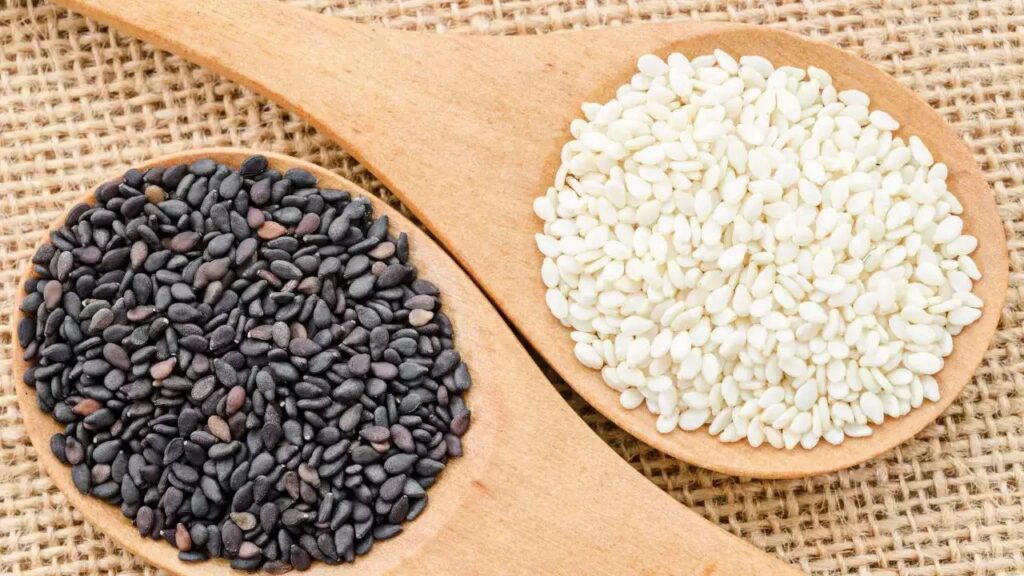
3. Sesame Seeds
Sesame seeds are packed with Vitamin D and calcium, making them excellent for maintaining bone strength and reducing the risk of osteoporosis. They also contain iron, which helps boost energy levels and supports overall health.
How to Consume:
- Add to stir-fries, salads, or rice dishes.
- Make sesame laddoos or tahini paste.
- Sprinkle over baked goods like bread and muffins.
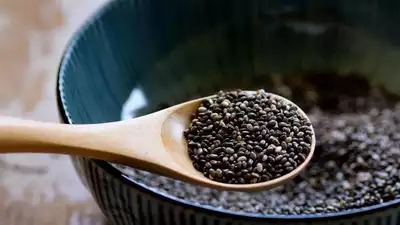
4. Chia Seeds
Chia seeds are considered a superfood due to their high content of Vitamin D, omega-3 fatty acids, fiber, and protein. These tiny seeds help enhance energy levels, improve digestion, and support brain health.
How to Consume:
- Soak in water or milk and make chia pudding.
- Blend into smoothies or mix with yogurt.
- Add to oatmeal, pancakes, or homemade granola bars.
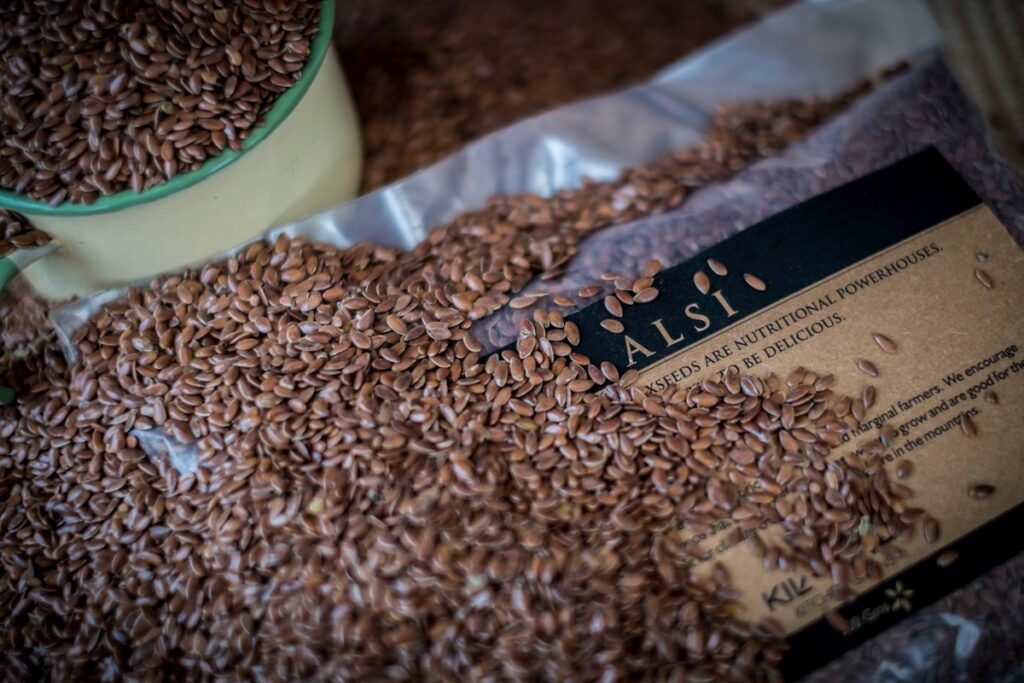
5. Flaxseeds
Flaxseeds are loaded with Vitamin D, omega-3 fatty acids, and antioxidants that contribute to heart health, bone strength, and overall well-being. These seeds also have anti-inflammatory properties, making them great for reducing joint pain.
How to Consume:
- Grind flaxseeds and mix them into soups, stews, or smoothies.
- Use as an egg substitute in baking (flax egg).
- Sprinkle over salads or yogurt.
Additional Tips to Boost Vitamin D Naturally
- Increase Sun Exposure: Spend at least 15-30 minutes in direct sunlight daily to stimulate natural Vitamin D production.
- Consume Vitamin D-Rich Foods: Besides seeds, include fatty fish (salmon, mackerel), eggs, mushrooms, and fortified dairy products in your diet.
- Exercise Regularly: Weight-bearing exercises like walking and strength training improve bone health and help in better Vitamin D utilization.
- Stay Hydrated: Proper hydration supports nutrient absorption and overall bodily functions.
Incorporating these nutrient-dense seeds into your daily diet can naturally enhance Vitamin D levels and eliminate the need for supplements. These super seeds not only help prevent Vitamin D deficiency but also contribute to better immunity, stronger bones, and overall vitality. Make them a part of your routine for long-term health benefits!
Disclaimer:
The information provided in this article is for educational and informational purposes only and should not be considered medical advice. Always consult a healthcare professional before making any dietary changes, especially if you have underlying health conditions or are on medication. The effectiveness of natural sources of Vitamin D may vary from person to person.






